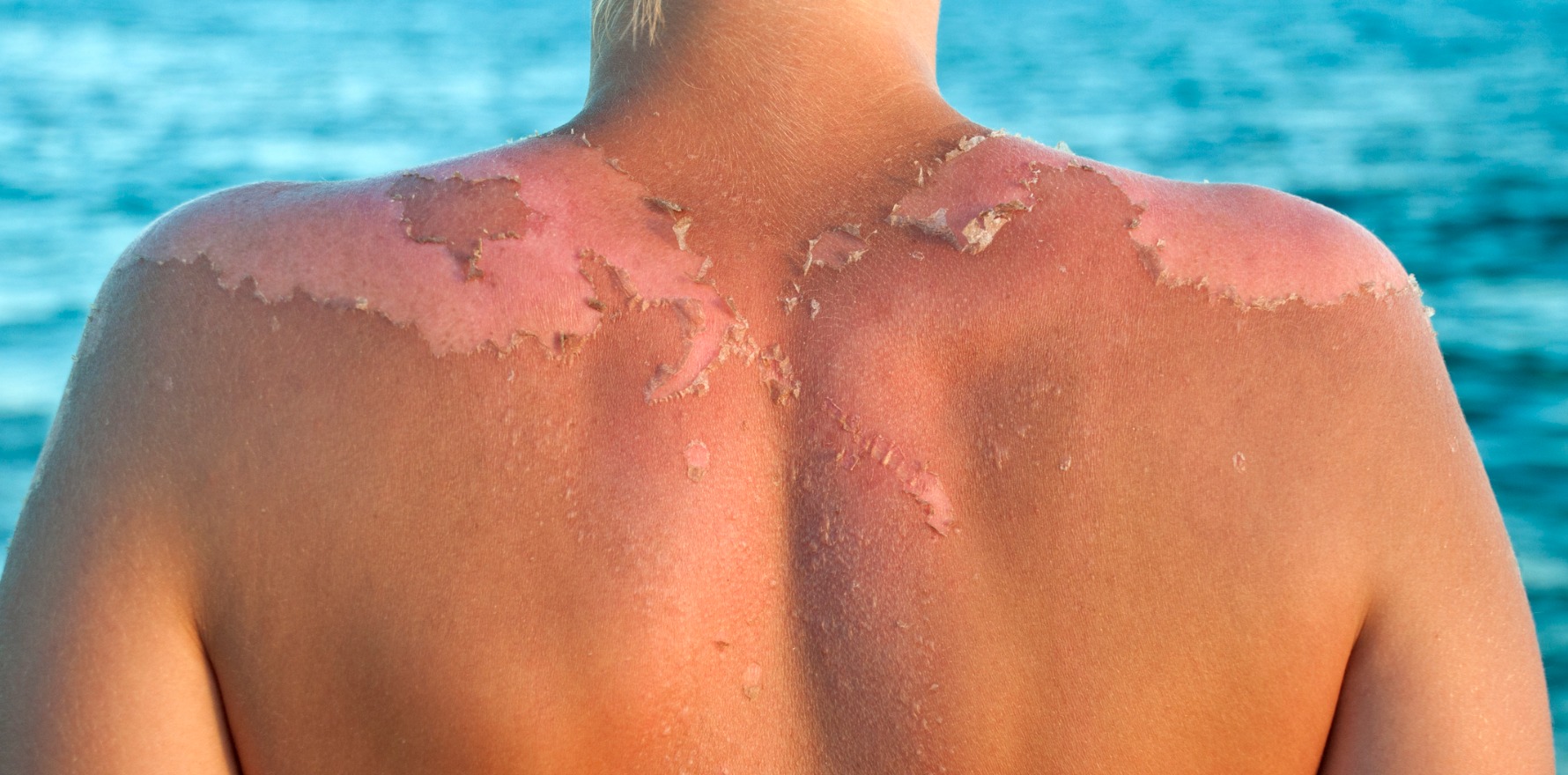Nanosensors and artificial skin are tipped to end the potentially harmful practice of burning people with UV.
The ethically dubious practice of testing sunscreen on humans by exposing them to UV radiation may be on the way out, thanks to artificial skin and a skin-mimicking sensor.
The Australian developers of the technology have the backing of the Australian Radiation Protection and Nuclear Safety Agency (ARPANSA), Cancer Council Victoria and RMIT University, who all say human testing should be phased out.
Research backing their recommendation has been published in the Trends in Analytical Chemistry Journal.
The paper reviews sunscreen ingredients, regulations and testing globally, and proposes a roadmap for the development of reproducible human-free sunscreen testing.
Current testing protocols require people to wear sunscreen and expose themselves to artificial solar UV until a sunburn appears. Measurements are taken to analyse the sunscreen’s performance, in particular how long it takes for sunburn to occur.
ARPANSA Chief Radiation Health Scientist, Dr Rick Tinker said this process presented ethical challenges as it exposed people to cancer-causing UV radiation.
“Sunscreens are an important part of sun protection and preventing serious sun damage to people – two in three Australians will develop skin cancer by the age of 70 – but we shouldn’t be risking people’s long-term health to test the effectiveness of sunscreens,” he said.
Professor Vipul Bansal, director of RMIT’s Sir Ian Potter NanoBioSensing Facility, has already developed a prototype sensor that changes colour when exposed to UV radiation. And he is leading a team that is working with ARPANSA to repurpose the sensor to test sunscreen.
“Sunscreen testing was just one of many potential applications for nanosensor technologies, which could also be used to detect a wide range of diseases and contaminants,” Professor Bansal said.
The human-free sunscreen testing protocols will also include research to fabricate artificial skin for use in testing.
“What excites me the most is that access to this new method will allow sunscreen manufacturers to rapidly innovate new and better sunscreens, which are currently limited due to time and cost constraints involved with human testing,” Professor Bansal said.
The research has been welcomed by Cancer Council Victoria, said its head of prevention Craig Sinclair.
“Research shows that when applied correctly, sunscreen is effective in preventing skin cancer, including melanoma, the deadliest form of skin cancer,” he said.
“Cancer Council Victoria welcomes all innovation that both works to reduce the burden of skin cancer and brings efficiencies in the manufacturing of sun protection products.”


